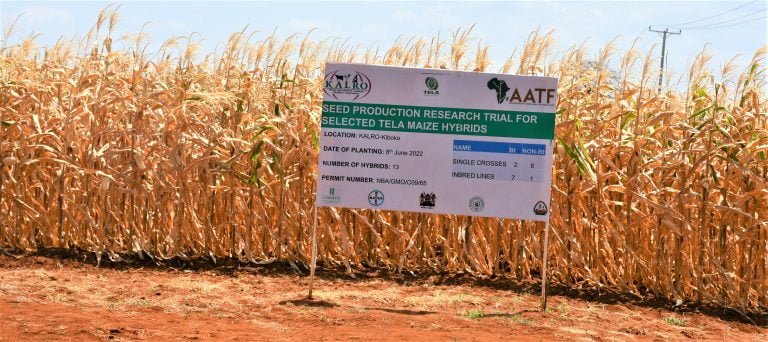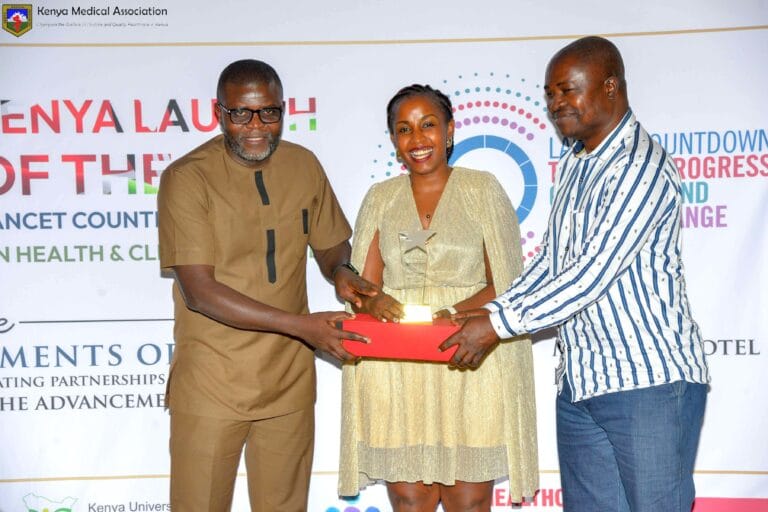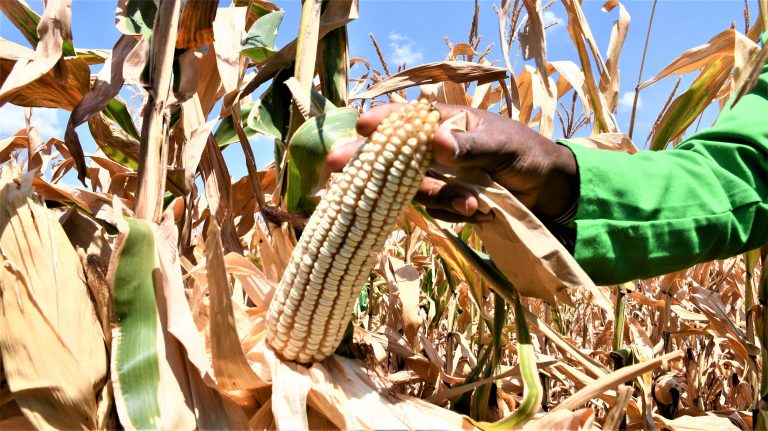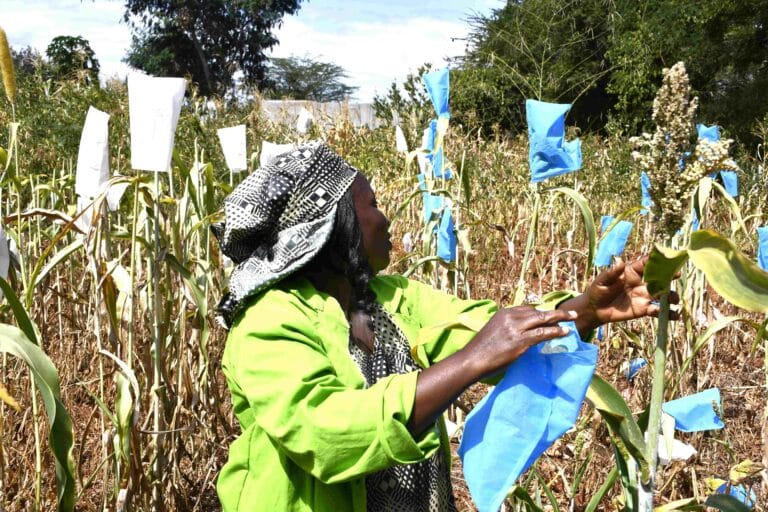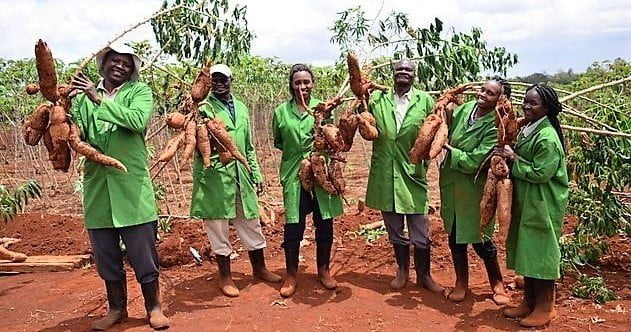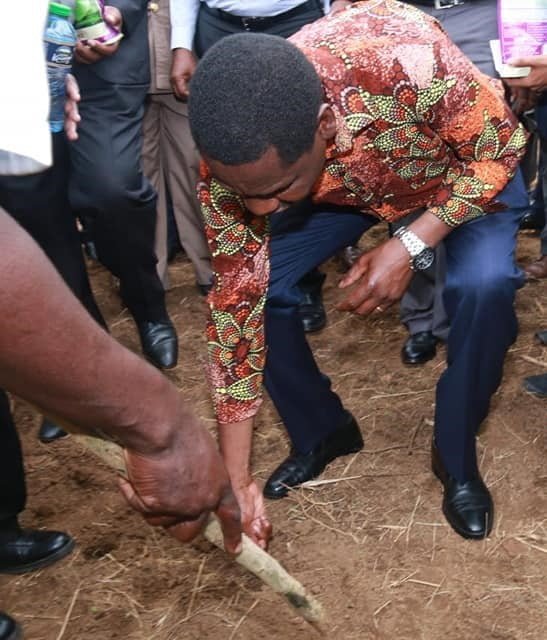By Kimuri Mwangi
The National Biosafety Authority (NBA) is set to host its 13th Annual Biosafety Conference in two and a half weeks, under the theme “13 years later: Building trust and ensuring the safety of Genetically Modified Organisms.”The three-day event aims to enhance national dialogue on modern biotechnology and biosafety, while promoting public awareness and education.
Speaking ahead of the conference, Josphat Muchiri, the Acting Director of Biosafety Research and Compliance at NBA, highlighted the authority’s ongoing efforts to reassure the public about the safety of regulated technologies such as genetically modified organisms (GMOs) and genome editing.
“There has been a lot of misinformation out there, especially on biotechnology products in the country, from many quarters,” Muchiri said. “The NBA mandate is to regulate GMOs; there has been a lot of misinformation and disinformation on GMOs without members of the public knowing that the government has established structures for assurance of safety.”
Muchiri explained that the NBA ensures rigorous scrutiny of any biotechnology before approval, guaranteeing consumer safety. Citing the example of BT cotton, which was approved for commercialization in 2020, he said it is now being cultivated in over 23 counties across Kenya.
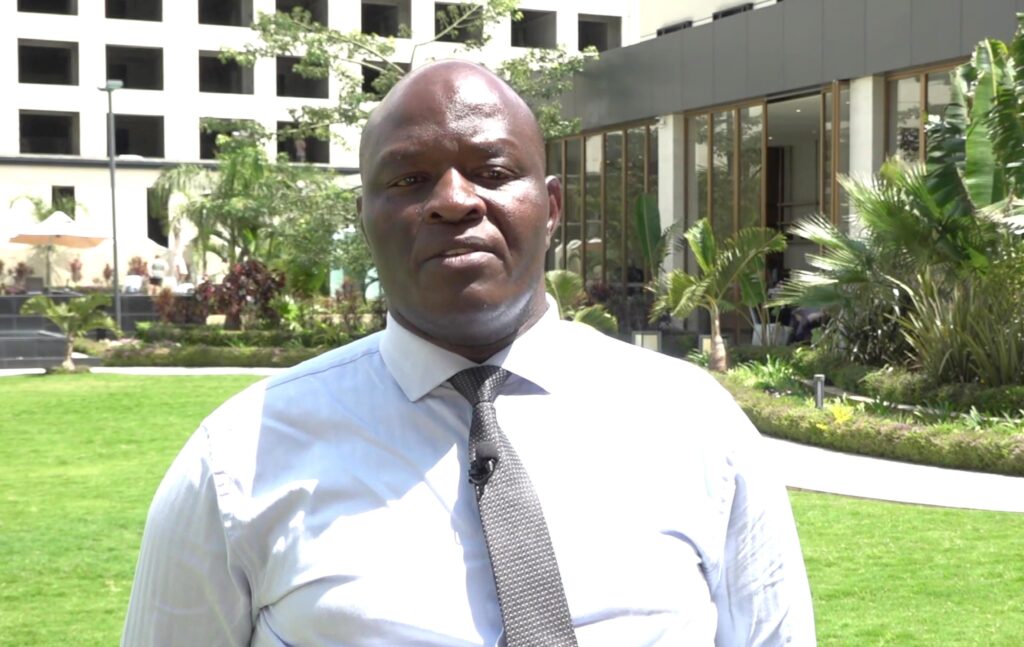
“We have been able to monitor the performance of the BT Cotton, and we have not seen any adverse effects that were not anticipated during our assessment. Farmers who have planted the BT cotton are happy. So far, there is no regret in terms of the NBA decision to approve the BT cotton to go to the farmers,” he said.
He described BT cotton’s approval as a milestone, crediting its success to thorough evaluation and its revival of cotton as a significant cash crop in Kenya.
The authority is also in advanced stages of evaluating virus-resistant cassava. Once assessments are complete, Muchiri said, the new varieties will be made available to farmers. Meanwhile, BT maize trials, ongoing for over 12 years, remain a contentious issue due to maize being a staple food.
“The BT Maize Research and Trials that have been running for over 12 years have been able to address the issue of pests such as stem borer and fall armyworm, and NBA has been engaged in the whole process and therefore guarantees that it is safe,” he said.
Muchiri clarified that the adoption of BT maize remains optional. “BT maize is not being imposed on any farmer, and they have the option of either adopting it or not.”
He added that the NBA conducts post-commercialization monitoring for up to 20 years after a product’s approval. “We already have our safety inspectors that we send to the farmers who are growing the BT cotton just to ensure that the technology is still working. So far, we have not been able to see or get any report either from the farmers or from our biosafety inspectors on any adverse effects of the BT cotton. We will continue to monitor the BT cotton for the next 15 years, up to 2040,” he said.
Muchiri described the NBA’s dual assessment pillars: food safety and environmental safety. The former ensures that GMO products are free from toxicity and allergenic risks and that their nutritional composition remains intact. The latter ensures that GMOs do not harm biodiversity, including non-target organisms like bees.
Although GMOs have existed for over three decades, Muchiri issued a warning to researchers. “Anyone who is undertaking research work on GMO, especially at the university level, should get approval from the NBA. Conducting research without the authorization of the NBA, administrative and legal actions will be taken against those institutions.”
He added: “We have so far registered five institutions. We did a public notification alerting these institutions that anyone or any scientist who is dealing with research on GMOs must get authorization from the NBA, and we will soon be sending our biosafety inspectors to all our universities to follow up.”
To broaden access to regulatory services, the NBA has decentralized its operations, opening offices in Busia, Namanga, Taita Taveta, Lunga Lunga, and Malaba. The authority has also established a molecular laboratory for GMO testing.
“Initially, before this lab was opened in 2022, we used to outsource that service to other labs, and the NBA was not able to be in control of the testing that was being done through outsourcing,” Muchiri said.
The upcoming conference is expected to attract national and international delegates from all 47 counties. “We want to engage the public, farmers who are in BT Cotton cultivation, Cassava and even Maize to discuss the journey NBA has undertaken and partnerships with the County Governments in areas such as Agriculture,” he said. “We expect scientists and policy makers, including our members of parliament, as well as international speakers who will share their experience in terms of the commercialization of these technologies in their countries.”
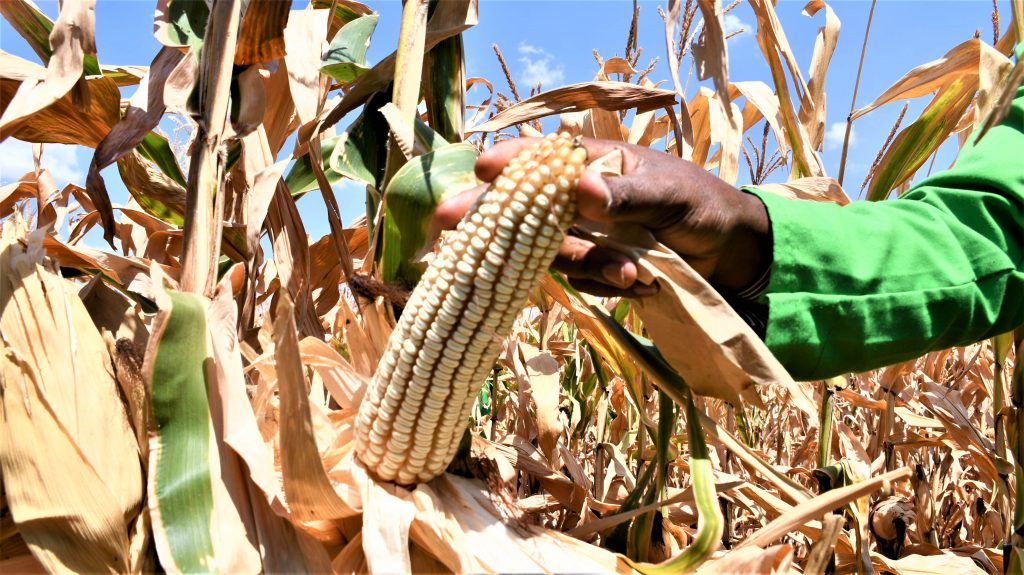
Dr. Joel Ochieng, Programme Leader for Agricultural Biotechnology at the University of Nairobi and Secretary General of the Kenya University Biotechnology Consortium (KUBICO), emphasized the importance of the event in advancing public engagement.
“As biotechnology and biosafety experts involved in training, research, and product development, the annual biosafety conference provides an opportunity to converse with the public on the research, development, and benefits of genetically engineered crops and livestock and to address concerns on safety and socioeconomics of the technology,” he opined.
Their research, she added, currently focuses on outcomes that align with climate change and resilience, applying biotechnology to improve food and nutritional security, mitigate footprints of agricultural practices and climate change, and invigorate public education for an enhanced understanding of biotechnology.”
Over the past year, Dr. Ochieng said they have reached out to political leaders, youth, clergy, and healthcare professionals to promote understanding of GMOs. “We will converse on how best to manage modern biotechnology products for the benefit of Kenya, especially as many of these products head to commercialization. As many more products emerge, especially in the food industry through modern biotechnology, it is essential to focus on public engagement and communication, national dialogue on stewardship, and public confidence and support,” he said.



